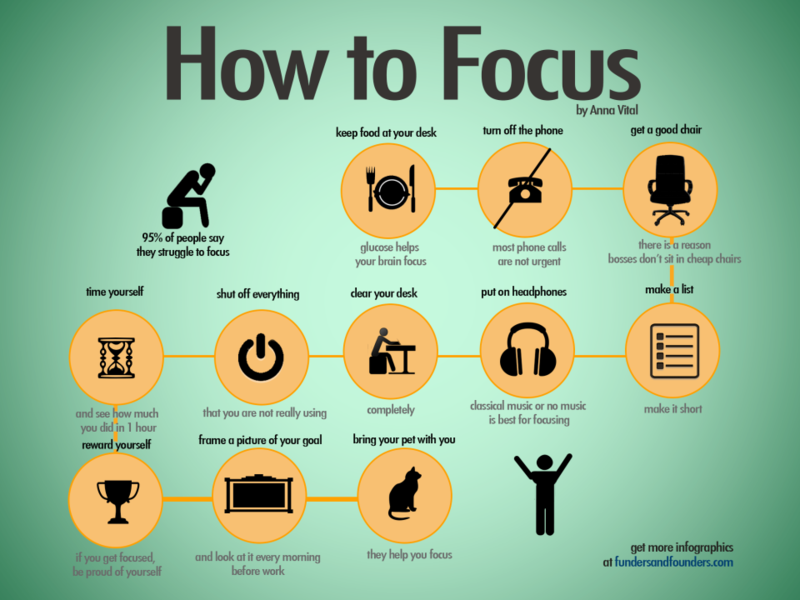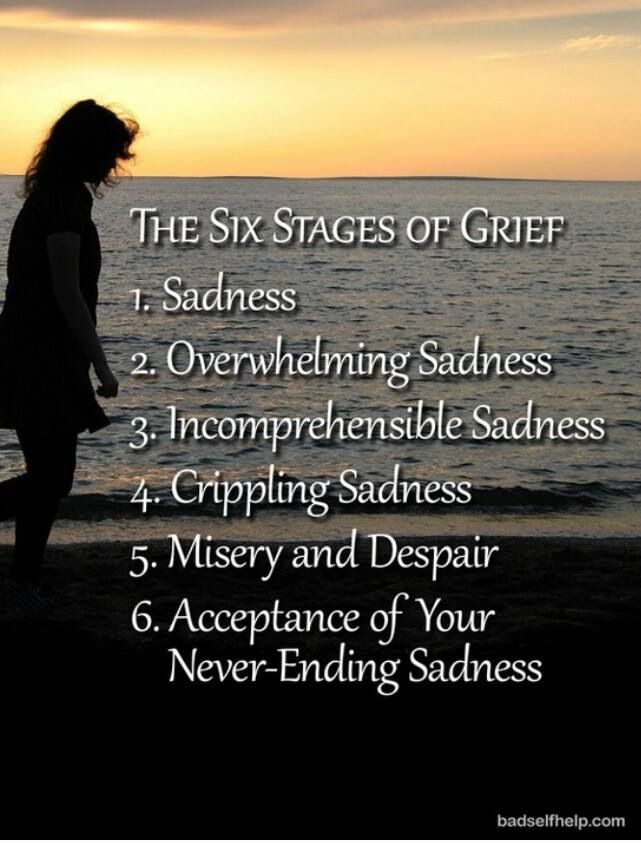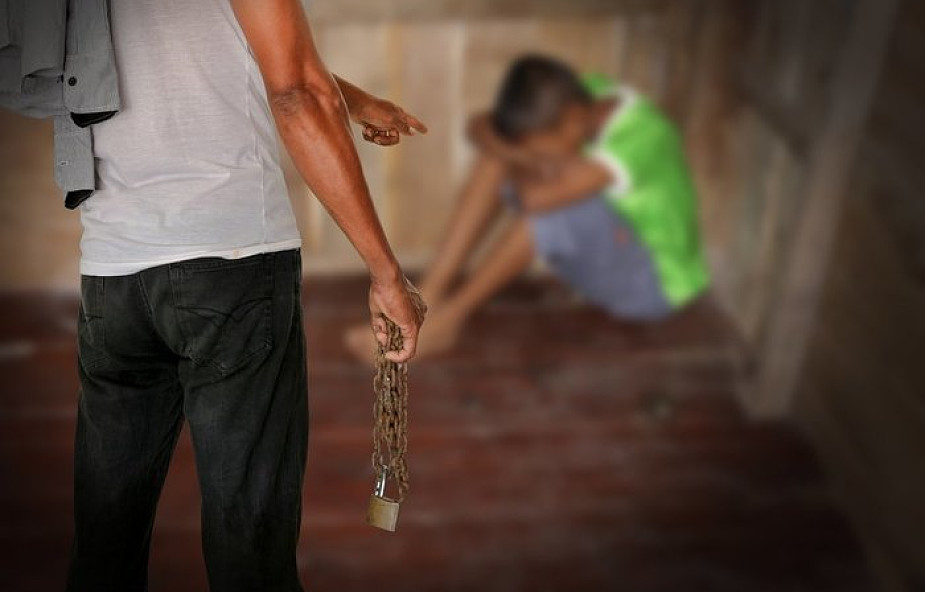Creative punishments for teenagers
Creative Punishments For Teenagers That Actually Work
Appropriate punishments for teens beyond grounding
By Lauren Barth
Teenagers are like toddlers — they know how to push your buttons and they love to test their boundaries. It’s in the teen handbook and unfortunately for parents, teen angst comes with the territory of growing up and becoming independent. Of course, teens will make mistakes along the way. Some adolescent errors are forgivable while others have more long-term repercussions. As a parent, it is important to make sure your teen is being smart, safe, and respectful while navigating his or her way through adolescence. If teens aren’t, then you need to find appropriate punishments for teens. When a punishment is needed to discipline your eye-rolling, knows-everything teen, you want to choose one that teaches a vital life lesson.
Sometimes punishments do call for tough love, which isn’t always easy for parents.
Contents
- Good punishments for teens
- Ways to help teens make better choices
Not all punishments are created equal. Some are more effective than others, which is why it’s important to choose an appropriate one. You’ll want to think long and hard about how you will make a punishment a learning experience for your teen. Here is a creative and impactful list of punishments for teenagers. Creative and meaningful punishments for teens can make all the difference in the world.
Related Videos
Good punishments for teens
Once your child reaches a certain age, some punishments no longer feel practical. Time-outs and dessert deprivation just don’t cut it with a teenager and neither does grounding for every offense. Looking for a list of punishments for teenagers? Here is how to discipline a teenager with some more effective and age-appropriate strategies.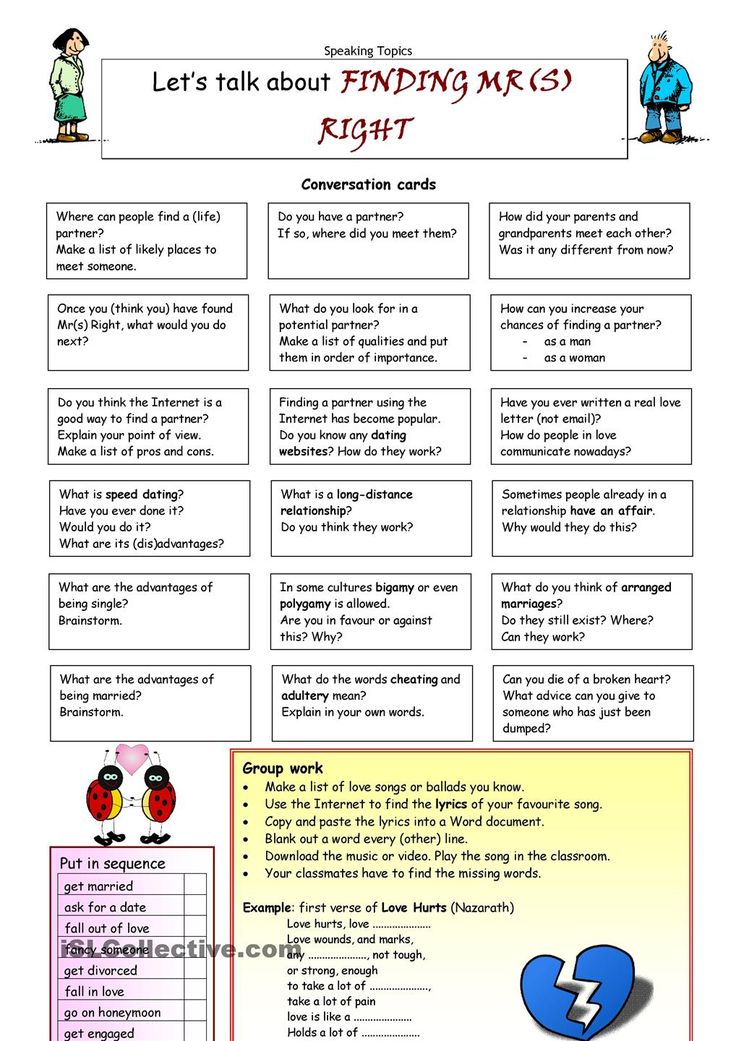 Creative punishments for teenagers can ensure that certain behaviors don’t repeat themselves.
Creative punishments for teenagers can ensure that certain behaviors don’t repeat themselves.
- Take away screens: Want to get your teenager’s attention? Take away their cell phone, laptop, and tablet along with their access to video games. Nothing spells business like the removal of all forms of electronics. Of course, while this punishment doesn’t get to the root of the issue, it does serve as a reminder to think twice about their behavior and actions. You can take away screen privileges for a day or two, but be sure to set the time frame in advance. Teens will have to find other ways to keep themselves entertained during this time, and you’ll simultaneously want to see an improvement in their attitude.
- Remove social situations: If your child tends to get in trouble when they spend time with a certain friend or a group of acquaintances, you will want to keep stronger tabs on who they’re hanging out with and what they are doing together.
 Moreover, if your child is punished, you can restrict their ability to see friends for a certain period of time.
Moreover, if your child is punished, you can restrict their ability to see friends for a certain period of time. - Face the music: Sometimes, the best course of action to not to take a specific punishment at all. That is not to say you are letting your teenager off the hook. Rather, in this instance, you are taking a step back and allowing the natural consequences of their actions to unfold. If you are the parent who typically saves the day when your child is in a lurch, this is a way to teach them to take ownership of their lives and accept the consequences of their actions.
- Bulk up the chores: If your child tends to get into trouble because they are bored, you might consider adding more household chores and responsibilities to their daily and weekly to-do lists. This serves two purposes: It keeps them busy so they can’t stir up mischief and reminds them that they may want to do better next time.
Ways to help teens make better choices
Meaningful punishments for teens are important, but it is also critical to think more long-term and hopefully help set your teen on a better path.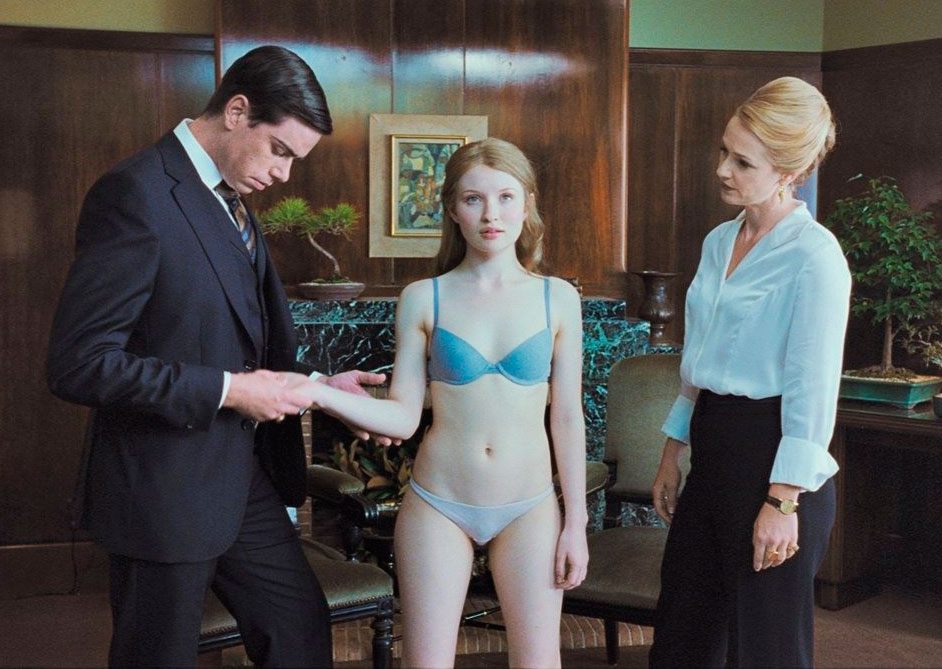 You want your teen to learn from his or her mistakes and not make it a pattern. Here are some ways to help your teen successfully navigate the muddy waters on the way to adulthood.
You want your teen to learn from his or her mistakes and not make it a pattern. Here are some ways to help your teen successfully navigate the muddy waters on the way to adulthood.
- Lead by example: Your teenager might not want to admit it, but they look to you for guidance and see you as an example and a role model. So, practice what you preach. No, you don’t have to have a curfew or adopt a set bedtime. This is one of the perks of adulthood. Instead, you can and should show kindness and respect to others. Stay true to the commitments you make to your family.
- Be clear about the rules: Set specific rules for your teenager so that they have clear guidelines to follow. The lines can become gray if there is room for interpretation. Don’t make the rules vague because teens will find a loophole.
- Keep communicating: There may be a reason your teenager is acting out or behaving badly. If punishment is becoming the norm in your home, it is probably time to sit down and have a conversation with your child.
 Better yet, do not wait until issues arise. Keep the lines of communication open at all times. You want your teenager to come to you with problems
before they manifest as behavioral faults. Teens need parents more than ever during adolescence.
Better yet, do not wait until issues arise. Keep the lines of communication open at all times. You want your teenager to come to you with problems
before they manifest as behavioral faults. Teens need parents more than ever during adolescence. - Earn privileges: If you want to encourage good behavior, listening, and positive actions, consider a privilege system where your teen can gain more screen time, an extra half an hour on their curfew, or download a new video game if they continue to show positive changes. It’s basically a more mature version of a young kid’s behavior chart — but it can work!
- Make sure the punishment fits the crime: It is also important to make sure your punishment is appropriate. There are big offenses and small ones. Teenagers are still kids and they will make mistakes. Remember adults make mistakes too.
- Seek professional help: If behavioral issues or punishable offenses are severe enough to warrant major concern, talk to a professional and seek help or therapy.
 Your child’s school may have resources to help. Professional help is available in-person or online.
Your child’s school may have resources to help. Professional help is available in-person or online.
Teenagers are learning the ropes and figuring out what they can and can’t do. Of course, teens will try and see what they can and can’t get away with. Behavioral issues are par for the parenting course, especially as your child begins to approach young adulthood. Hang in there, and show some empathy, support, love, and, yes, sternness — as necessary. It takes creativity and patience to parent a teenager. Life doesn’t always hand you a list of punishments for teenagers. Disciplining your teenager isn’t the most pleasant part of being a parent. With older children come bigger problems. Setting boundaries and a clear set of rules goes a long way in providing teens a support system at home. When teens to trip up, make sure the punishment is appropriate and packs a lesson.
Editors' Recommendations
- What to put in Easter Eggs for tweens and teens so they actually look forward to the hunt
- What is normal teen sexual behavior? We’ve got answers to help you understand your teenager
- Is your kid having too much screen time? It depends on your laziness as a parent
- Which of your teen’s behavior problems should concern you and which are normal
- Should I send my teen daughter to boarding school? Here are some insights
5 Effective Strategies And Consequences
Encourage responsible behavior by making them realize their mistakes in a positive way.
Image: Shutterstock
When it comes to punishments for teenagers, the first choice of most parents is deprivation, which is taking something that the teen may value. However, limiting everything can make a child more rebellious, and the parent-child relationship could deteriorate. You may understand that discipline is not about punishments, and it’s all about encouraging your child to behave in the right way.
The question of punishment often arises when a teen breaks the fundamental rule, and what they have done affects others. Although many parents feel that the teen should face the consequences for their misbehavior, it is always better to explain what they have done and why they should not repeat the same thing. Hurtful punishments can backfire, and many teens tend to repeat mistakes with a willingness to accept the consequences.
Read on to know how to deal with teens’ behavioral problems and the dos and don’ts of punishments for teens.
Are Punishments Good For Teens?
Image: IStock
You should mete out age-appropriate punishments when your teen misbehaves to ensure they do not repeat it.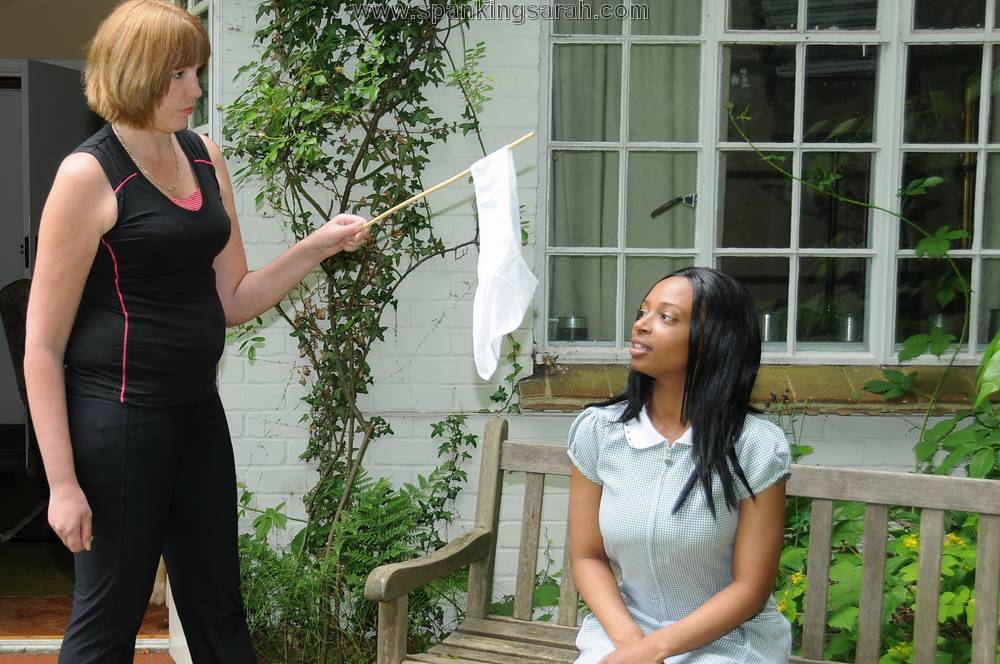 Punishments work in some cases but backfire in others. If your parenting style is heavily reliant on severe punishment, it could deter the child from learning self-discipline. Also, a very heavy-handed punishment strategy could turn a teen rebellious and make them resort to lying or hiding things from you.
Punishments work in some cases but backfire in others. If your parenting style is heavily reliant on severe punishment, it could deter the child from learning self-discipline. Also, a very heavy-handed punishment strategy could turn a teen rebellious and make them resort to lying or hiding things from you.
Carrie Krawiec, a marriage and family therapist from Troy, Michigan, says, “Consequences are intended to be a method to teach appropriate behavior by removing a desired item or privilege or adding a chore or inconvenience. Research shows that small consequences for small infractions are more meaningful for behavior change than levying big punishments. Big threats and consequences don’t work because often the parent cannot follow through.”
Punishments are necessary, and they do work when they are designed in the right way and with the right approach. When your goal is to discipline your teen and ensure that they are empowered to make better choices or handle similar situations more effectively, the punishment you design will achieve its purpose.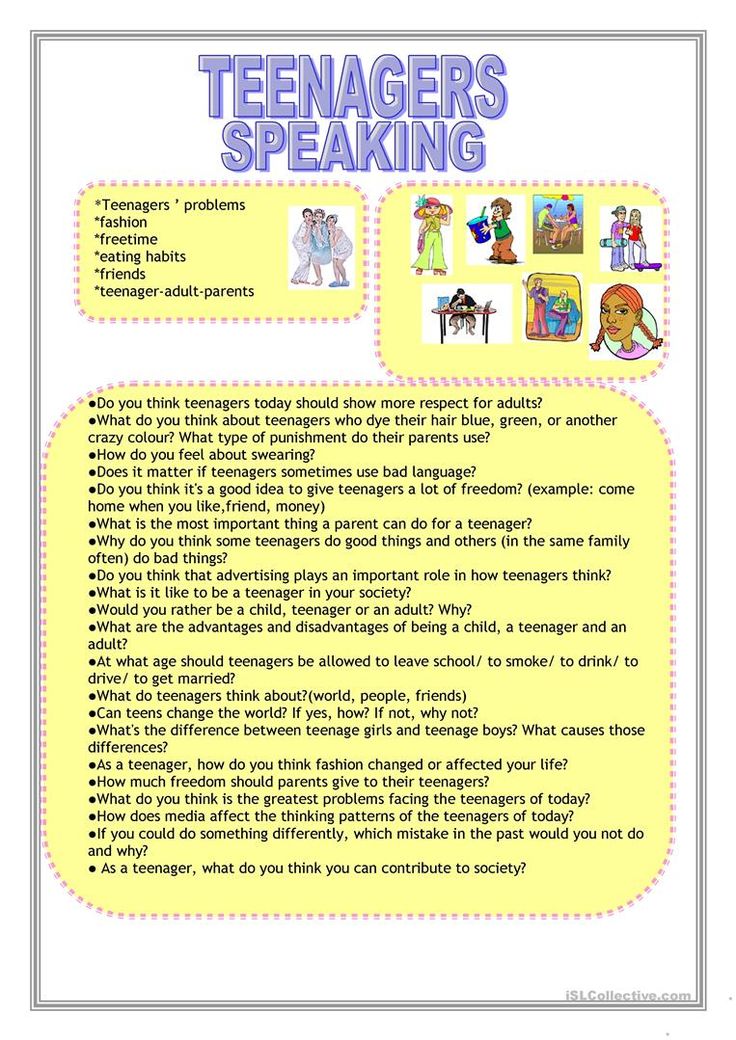 It is up to you to think of consequences that will benefit your teenager and guide them to display good behavior.
It is up to you to think of consequences that will benefit your teenager and guide them to display good behavior.
A good starting point is to get the teen’s active participation in setting up strong yet smooth house rules and impose appropriate punishments for breaking them. The teen’s involvement gives them control over the situation and encourages compliance.
Related: 7 Effective Ways To Promote Positive Behavior In Children
Point to consider
How parents respond to a child or teen’s behavior has a lasting effect on how they think, feel, and behave with others during childhood and beyond (3).
How To Design Appropriate Consequences For Teens?
Krawiec suggests, “Parents should explain early and often the expectations for appropriate behavior. I tell teens it’s okay to be mad but not bad— meaning bad behavior. If your child acts with hostility (not physically violent), give an appropriate direction and an opportunity to retry the behavior.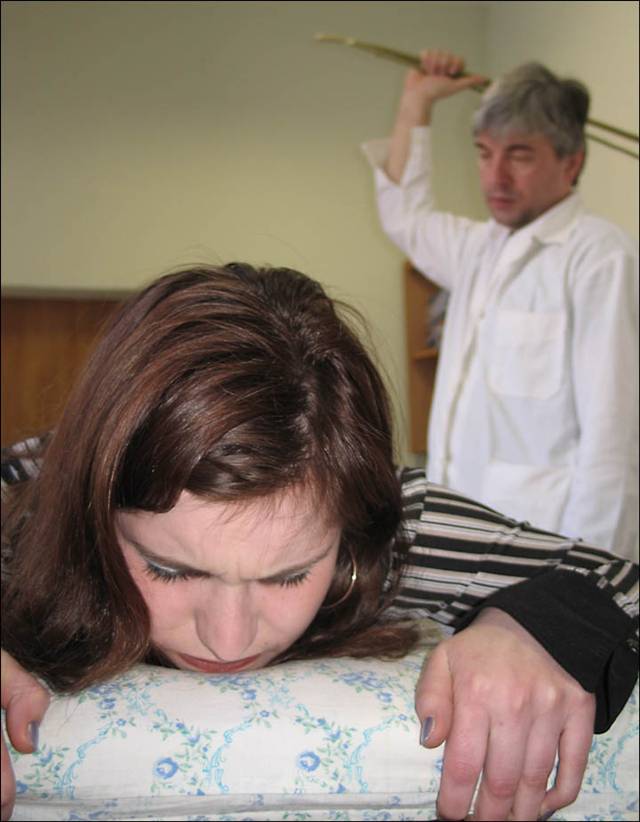 For example, to a shouting teen, you may start with ‘make that statement with a lower volume.’ When they comply, offer verbal praise such as ‘thank you’.
”
For example, to a shouting teen, you may start with ‘make that statement with a lower volume.’ When they comply, offer verbal praise such as ‘thank you’.
”
When designing consequences for bad behavior, keep the following points in mind:
- Consequence as a resolution to the act: Remember that your intent is to correct the teen, help them rectify their behavior, and understand the trouble they have caused. The best way to do this is to ensure that the consequence or punishment is aimed at resolving the problem. For example, a teen who breaks a neighbor’s window should apologize in person to the neighbor and get their window repaired out of their pocket money. While this may not always be possible, your aim should be to sync the consequence with the issue.
- Consequence in proportion to the misbehavior: Ensure the intensity of the consequence is in proportion to the problem or misbehavior. For example, the teen forgets to take out the garbage.
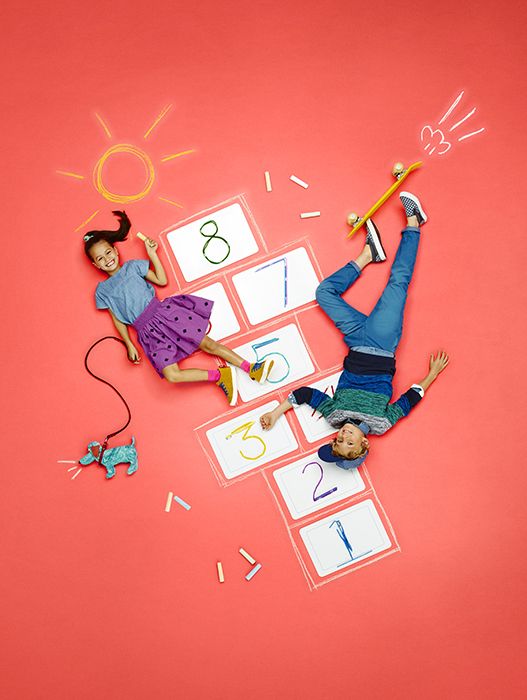 Don’t overreact and ground them for a week. Instead, let them take the garbage out during the weekend.
Don’t overreact and ground them for a week. Instead, let them take the garbage out during the weekend.Image: Shutterstock
However, if the teen resorts to violence in a tiff with peers, do not take it lightly and pass it off with a minor consequence. This needs a far stronger, more intense reaction and consequence proportionate to the gravity of the misbehavior.
- Consequence within the boundaries of self-respect: Never put down the teen or attack their self-confidence when meting out punishment. A consequence that is humiliating fails to teach the teen anything and only makes them rebellious.
Related: 10 Tips To Increase Self Confidence In Teenagers
Effective Punishment Strategies For Teens
As the parent, you know which punishments work best with your teen because you know their likes, dislikes, and preferences. Regardless, here are a few common and effective punishment strategies used by parents of teens.
- No access to electronics: If the teen ignores academics and remains glued to their cell phone for hours or if they present a very rude picture to guests during dinner by checking their social media updates constantly, a suitable punishment strategy is to get them to give up their phone privileges for a week.
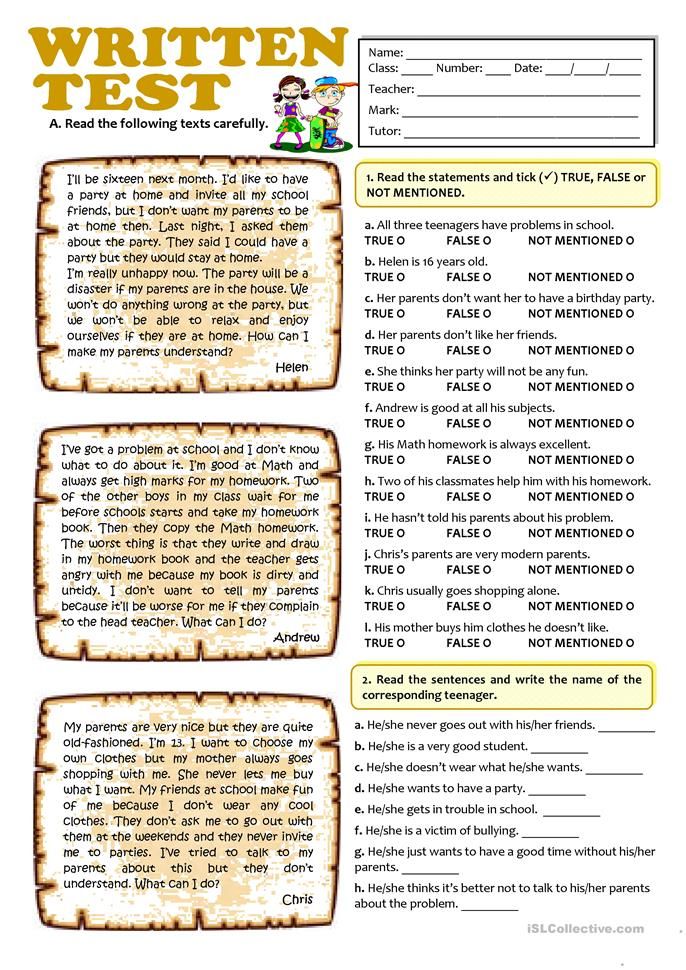
Image: IStock
Quick tip
Rather than taking away a privilege for a set time, you may encourage the teen to earn back the privilege by amending their behavior and being more responsible (4).
This works well with all electronic gadgets, especially if the teen’s favorite go-to gadget is their phone or laptop. The ‘no electronics’ punishment works well whenever the teen ignores you and their allocated chores and chooses to remain immersed in their digital world.
- Limited friend time: If your teen has been displaying undesirable behavior with friends, a good consequence would be a time-out from buddies. A stronger message would be to cancel their weekend outings with friends for a while.
- Stricter house rules: A house rule violation could mean that the teen loses some more freedom. This is a great deterrent and keeps the teen eager to comply with the house rules agreed upon.
 For example, if the teen breaks curfew by half an hour, set a new curfew that is half an hour earlier than your original one.
For example, if the teen breaks curfew by half an hour, set a new curfew that is half an hour earlier than your original one.
- Reparation as punishment: If the teen has been responsible for someone sustaining a loss, get the teen to make amends by repairing or replacing what was damaged. If the damage is not something that can be resolved this way, make the teen come up with a way to reduce the impact of the loss. For example, if the teen crashes into an elderly neighbor who sustains a sprain, as a result, let the teen take the neighbor to the doctor’s and also get essentials for them for a few weeks. Make sure the consequence is directly related to the issue.
- Facing the music alone: Let the teen handle the natural consequences of their actions without you stepping in and softening the blow. This is a great way to prep them for adulthood, when they have to face the music alone. Let them handle the angry neighbor who demands to know why the teen destroyed their flower beds or the car owner down the street who wants to talk to the teen about the scratches on his new vehicle from the teen’s cycle.

Quick tip
When logical or natural consequences don’t apply, assigning extra chores to teens can help them know that every action has a consequence, even if it isn’t directly related (4).
Related: 10 Handy Tips To Make Your Teenager More Responsible
Common Mistakes In Implementing Punishment
Parents can sometimes get frazzled and stressed with the teen’s latest escapade. This is when they tend to make mistakes when implementing a punishment or consequence. Here are some common mistakes that you should avoid.
- Using the wrong words: Saying things such as “I knew you would mess up,” “You are just like your useless uncle,” “You can’t do anything right” does not encourage the teen to listen to you. Instead, these statements might make the teen believe they are incapable of doing better. That’s not what you want.
Image: IStock
- Failing to follow through: You tell the teen they would have to go without their phone for a week, but midweek, you give them their cell phone back.
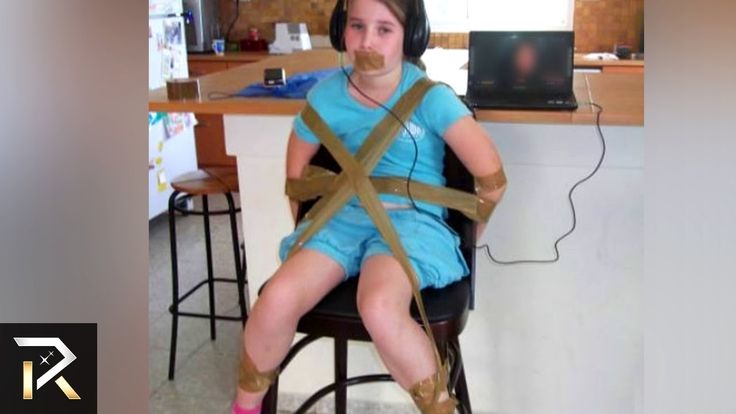 This tells the teenager that you do not seriously intend the punishment, and they need not take it seriously.
This tells the teenager that you do not seriously intend the punishment, and they need not take it seriously.
- Failing to mention the exact problem: Your teen needs to know why they are being punished. Are they losing driving privileges for taking the car out or for overspeeding? Tell them exactly what the problem is, so they know what will get them in trouble the next time and avoid it. When you set rules, make sure they are crystal clear, and there is no scope for the teen to misunderstand them.
- Setting consequences that don’t affect them: For a teen who loves solitude, being sent to the room may be a reward, not punishment. Fashion your punishment around your teen’s personality and characteristics, not your own or that of other teens you know.
- Not communicating how to make amends: The teen may deeply regret their action and would be keen on regaining the trust they lost.
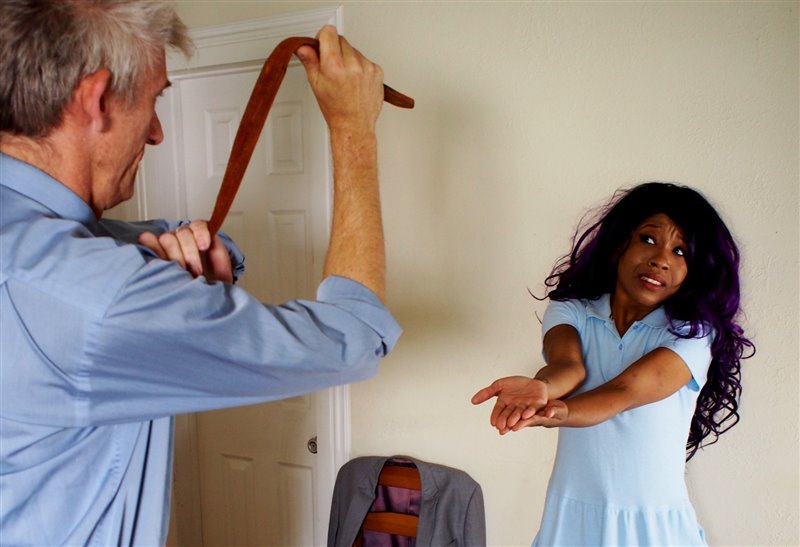 Tell them how they can do that. Once they do what it takes, put the incident behind you and do not keep bringing it up to taunt them.
Tell them how they can do that. Once they do what it takes, put the incident behind you and do not keep bringing it up to taunt them.
Apart from avoiding these mistakes, always let the teen know that everyone messes up at times but gets second chances if they genuinely regret the mistake. Help the teen figure out why they committed the mistake, how not to repeat it, and what to do to stay away from a similar trouble in the future. The key to this is to have open communication with them, preferably once they are done with the punishment. This gives them time to retrospect and also understand the full impact of their action.
Related: 21 Essential Life Skills For Teens To Learn
How To Help A Teen Avoid Punishments?
Just as it is your responsibility as a parent to correct your teen by meting out punishment when necessary, it is also your job to help them avert situations that call for punishment. Here are a few points that will encourage your teen to follow the rules and avoid punishment.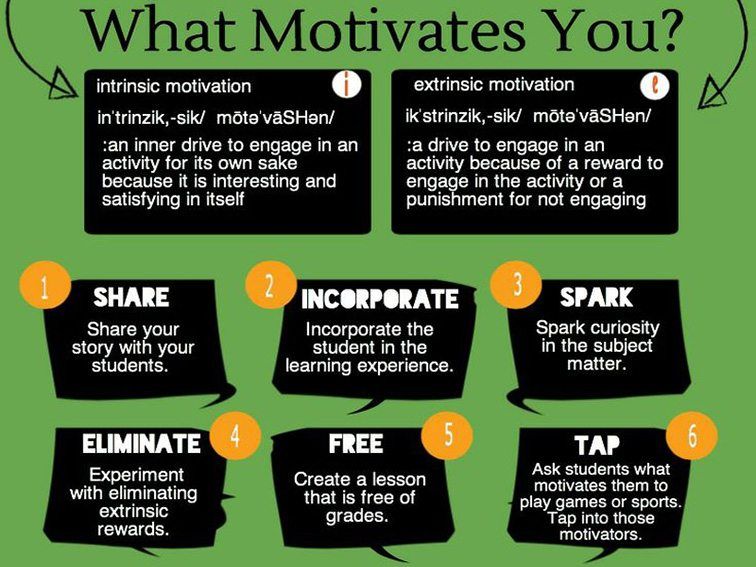 Krawiec recommends, “Continue to monitor and supervise for healthy behavior. Reinforce expectations, brainstorm solutions for agreed-upon closeness, and set consequences for violations of expectations. Explain when trust is high, supervision can be low, and when trust is low, supervision must be high.”
Krawiec recommends, “Continue to monitor and supervise for healthy behavior. Reinforce expectations, brainstorm solutions for agreed-upon closeness, and set consequences for violations of expectations. Explain when trust is high, supervision can be low, and when trust is low, supervision must be high.”
- Maintain an open, friendly relationship with them: As a teenager, your child no longer depends on you for every task, but you can still play an important role in their life by taking an interest in their activities and doing things with them.
Activities that let you give them positive attention, such as playing a game they like or discussing a book or movie they love, can help set the stage for a sound relationship with them. When your teen shares a friendly, good relationship with you, the chances are they will discuss their problems with you without inhibitions.
- Be accessible: Let the teen know that if they need help or advice, they can reach out to you at any time.
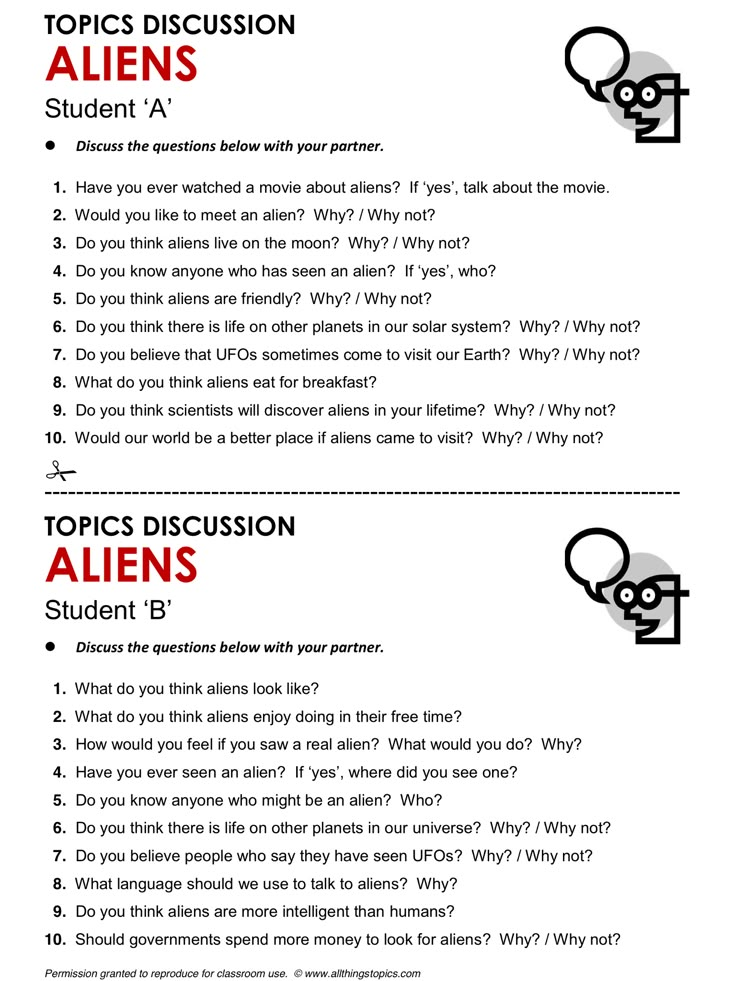 Be accessible enough so that the teen can quickly check in with you before taking up something important. You can always tell them specific hours when they cannot disturb you at work or ask them to message you if you are not reachable immediately. Make sure you respond as quickly as you can in such situations.
Be accessible enough so that the teen can quickly check in with you before taking up something important. You can always tell them specific hours when they cannot disturb you at work or ask them to message you if you are not reachable immediately. Make sure you respond as quickly as you can in such situations.
- Set a good precedent: Be a good role model for your teen. Take decisions that you want them to take in difficult situations and ensure they understand why you did something in a certain way. Involving them in the decision-making processes is a good idea because it gives them first-hand experience of how to factor in various aspects before taking action.
Image: IStock
- Establish clear-cut rules: What you expect from your teen should be crystal clear, with no room for ambiguity. Write down the house rules if necessary, along with the consequences that you arrived upon along with the teen. For example, ‘Be home by ___ pm on weekdays and ___ pm on the weekends.
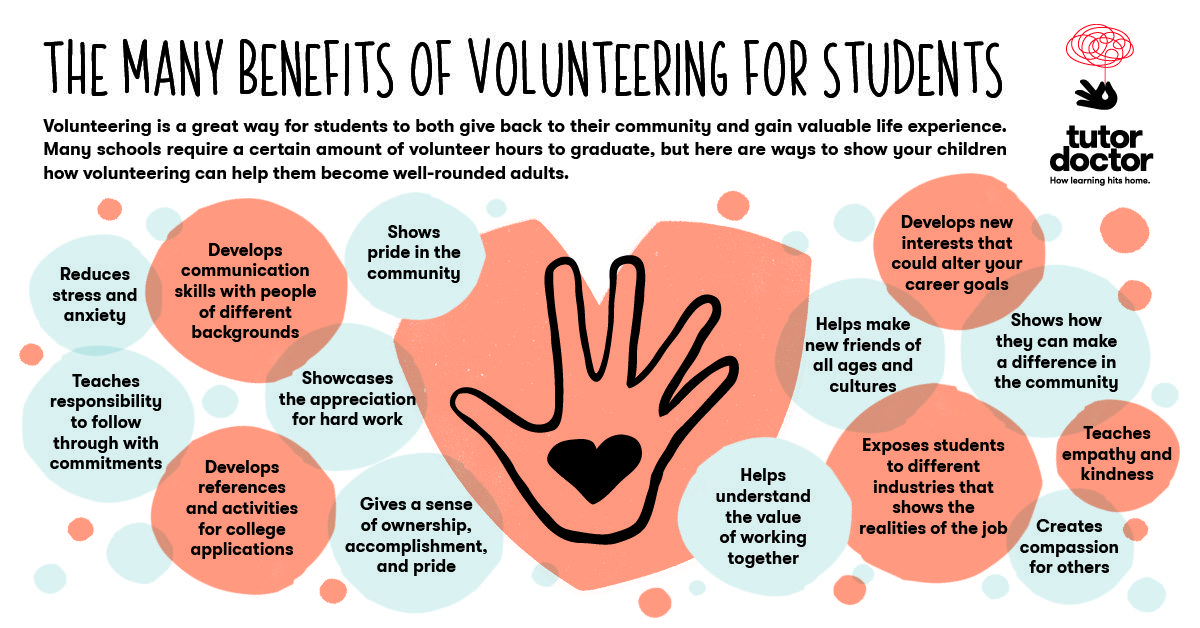 ’ When the teen knows what is expected of them, they are more likely to remember and comply.
’ When the teen knows what is expected of them, they are more likely to remember and comply.
- Avoid arguing: A little bit of flexibility can go a long way in helping your teen toe the line concerning house rules. Avoid being rigid about rules, especially when you know it can lead to an endless argument. Settle for a reasonable compromise instead. For example, instead of arguing with your teen about taking out the garbage right away, give them a more flexible deadline, say before bedtime. However, make it clear that the deadline is non-negotiable.
Creating a respectful, empathetic environment at home also works magic in making teens behave well. After all, if they like being treated with consideration and respect, they have to prove themselves worthy of it too.
Most parents find dealing with adolescent disobedience and attitude difficult, and punishment is often the last resort. However, as parents, you must recognize that punishing teenagers is not the same as punishing kids.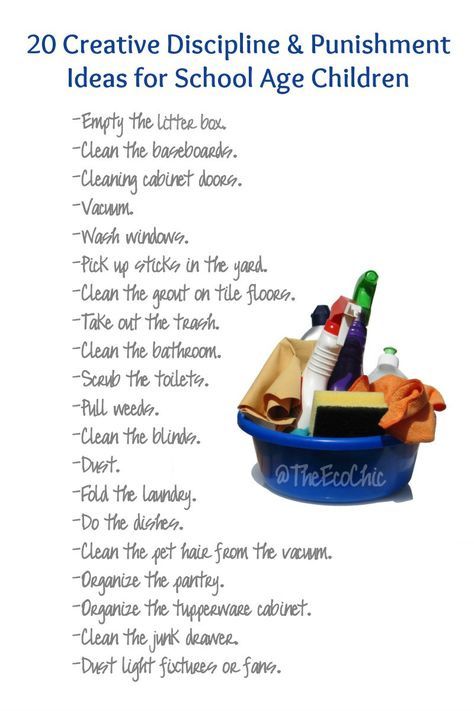 Please remember that teen punishments should not be harsh, and you should be careful what you say. Teenagers must be approached with a greater level of understanding and calm. Setting certain ground rules and having adult, honest conversations with children can help them understand their errors and keep them from straying. In the end, they’re just kids going through the ups and downs of adolescence who, with proper guidance, can mature into responsible adults.
Please remember that teen punishments should not be harsh, and you should be careful what you say. Teenagers must be approached with a greater level of understanding and calm. Setting certain ground rules and having adult, honest conversations with children can help them understand their errors and keep them from straying. In the end, they’re just kids going through the ups and downs of adolescence who, with proper guidance, can mature into responsible adults.
Key Pointers
- Punishment is not always a part of discipline.
- Restricting access to technology, restoring the damage caused, or even having them tackle the situation on their own could all be effective punishments.
- Ineffective punishments include the use of discouraging comments or failure to discuss the mending strategies.
1. What are some good punishments for teens?
One of the best punishments for teens could be letting them face the natural consequences of their actions. You can also try limiting their privileges to certain times or assigning them extra chores. Make sure the punishment comes across as a learning experience rather than a complex task imposed on them (1).
Make sure the punishment comes across as a learning experience rather than a complex task imposed on them (1).
2. What are some examples of negative punishment for teens?
Negative punishment for teens include yelling at them, screaming at them, physical punishment (hitting), and harsh verbal discipline. Instead of teaching teens good discipline, these punishments can worsen the situation (2).
References:
MomJunction's articles are written after analyzing the research works of expert authors and institutions. Our references consist of resources established by authorities in their respective fields. You can learn more about the authenticity of the information we present in our editorial policy.
- Appropriate Consequences for a Teen’s Bad Behavior.
https://middleearthnj.org/2014/01/13/appropriate-consequences-for-a-teens-bad-behavior/ - Yelling at teens reinforces bad behavior.
https://www.aurorahealthcareblog.org/2013/09/06/yelling-at-teens-may-just-reinforce-bad-behavior/ - Discipline vs.
 punishment: What works best for children?
punishment: What works best for children?
https://publications.aap.org/aapnews/news/8735?autologincheck=redirected?nfToken=00000000-0000-0000-0000-000000000000 - Appropriate Consequences For Teen’s Behavior.
https://middleearthnj.org/2014/01/13/appropriate-consequences-for-a-teens-bad-behavior/
The following two tabs change content below.
- Reviewer
- Author
- Expert
: Author Alla Spivakovskaya :: Dni.ru
Parents willy-nilly have to punish their children. So adults help them understand "what is good and what is bad." In theory, parenting without punishment is considered ideal, but I have never met parents who have succeeded in this.
When choosing a punishment, it is useful to honestly admit to ourselves that it is very difficult to subordinate one's behavior to consciousness, to develop the ability for self-control precisely at a stressful moment, when it is so difficult to remain vigilant.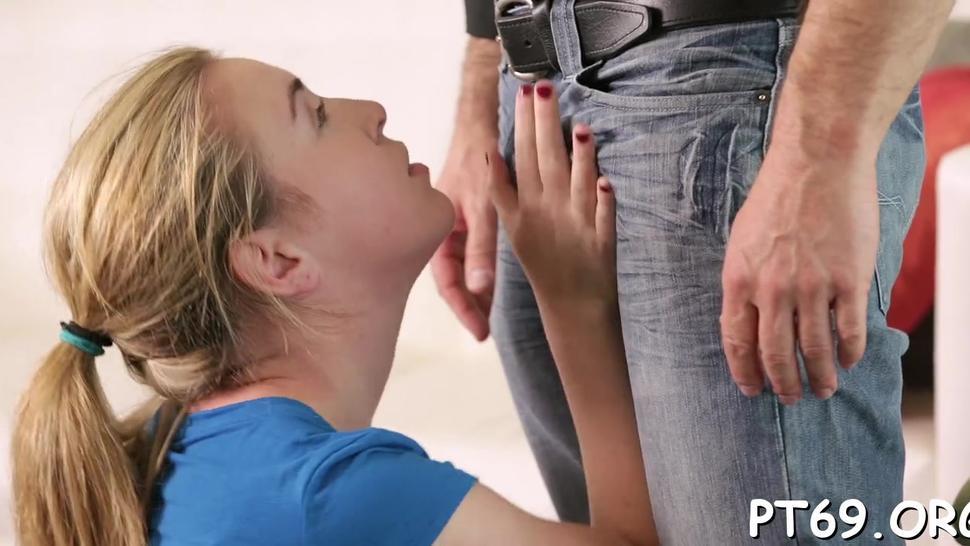 This is what we learn all our lives. It is equally difficult for both children and adults. Only for some reason we forgive ourselves a lot, but in relation to children we are often unnecessarily demanding. We hasten to declare an understandable, temporary weakness, behind which the dramatic struggle between “I want” and “need” often hides, to be declared almost innate stubbornness, selfishness or deceit.
This is what we learn all our lives. It is equally difficult for both children and adults. Only for some reason we forgive ourselves a lot, but in relation to children we are often unnecessarily demanding. We hasten to declare an understandable, temporary weakness, behind which the dramatic struggle between “I want” and “need” often hides, to be declared almost innate stubbornness, selfishness or deceit.
The soul of a child is as complex as our own, full of contradictions, in the same tragic struggles: I strive and I can't, I know what I need, and I can't force myself.
How to help, keep, teach?
It happens that an unsuccessfully chosen punishment leads to undesirable consequences. In children, adverse emotional reactions appear and can be recorded, and in the families of schoolchildren and adolescents, punishment causes an aggravation of relations up to protest behavior, which makes them commit more serious offenses than those for which the punishment was imposed.
In my work with parents, I do flashbacks of childhood experiences, where grown-up mothers and fathers remember how they were punished as children.
Photo: GLOBAL LOOK pressIt turns out that even if we, adults, did not like the way our parents treated us, we will remember our childhood grievances for the rest of our lives. We unconsciously repeat with our own children exactly the same methods of punishment and censure that we did not like so much.
Giving up the unconscious stereotypes of behavior learned in childhood is a difficult job. They are passed down from generation to generation, and although there are not so many of them, they are very tenacious. Let's try to figure out what types of punishments exist:
- physical punishment
- deprivation of love
- ban
- natural consequences
- judges' room
In contrast to punishments applied from generation to generation, there is another type of pedagogical influence - creative punishments. Creative punishments are beyond enumeration, they are the result of independent discoveries of loving parents, they are individual and unique like life itself.
Creative punishments are beyond enumeration, they are the result of independent discoveries of loving parents, they are individual and unique like life itself.
Punishment and pain
Punishment based on the fear of pain is still widespread - these are all kinds of physical influences. This form of reaction to the misbehavior of children is as old as the world, and probably existed even before the creation of human society. Modern laws protect children from violence, including beatings in the family, when there are severe consequences or under aggravating circumstances, for example, if the parents are alcoholics. The traditional view of a significant part of parents that physical punishment is not such a great evil, and in many ways even a blessing, is very stable.
Physical punishments, especially strong ones, can influence anyone, if parents want the child not to do something, they will achieve it, so "spanking" remains in some families the main tool of education when those who are desperate, who have lost control of themselves , parents resort to the impact of the belt, hand out slaps and cuffs.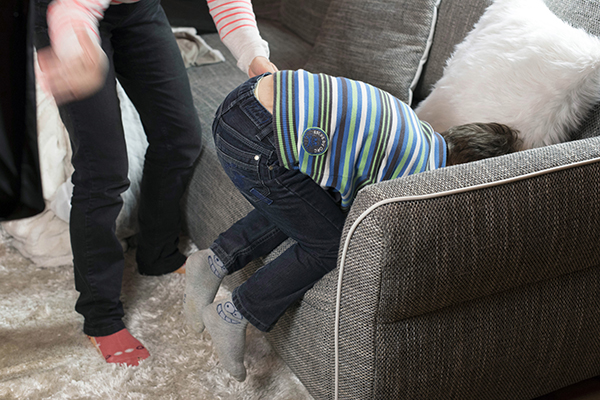 “My father also often beat me and, as you can see, he turned out to be a good person,” the parent reasoning in this way has simply forced out of his consciousness those feelings of protest and indignation with which he himself perceived his father’s harsh punishments in his time. He forgets that as a teenager he swore to himself more than once that he would raise his children differently.
“My father also often beat me and, as you can see, he turned out to be a good person,” the parent reasoning in this way has simply forced out of his consciousness those feelings of protest and indignation with which he himself perceived his father’s harsh punishments in his time. He forgets that as a teenager he swore to himself more than once that he would raise his children differently.
Mothers often spank, shake children in a state of emotional "clinch", in which immediate reaction prevails over awareness and deliberate behavior. Or they act with verbal threats, sometimes bursting into prolonged and insulting abuse, which word for word can be heard from her daughter playing with a doll, and mother, when she was a girl, learned this "tactic" from her mother. Having become an adult, a woman is sure that she is not such a mother as her own, but, exactly the same, repeats the familiar "behavior pattern" without noticing it.
But what should parents do when they are driven to despair by their child's disobedience? What should and should not be done?
Right now, at this moment, it is useful to stop and think: why am I punishing a child? For actions that can have a menacing effect in the future, tarnish, distort his soul? It would be nice to see that by punishing with the use of physical force, we unconsciously want to assert our own power, regain authority, the presence of which we strongly doubt, or are simply tired, in a bad mood, and every little thing irritates and angers.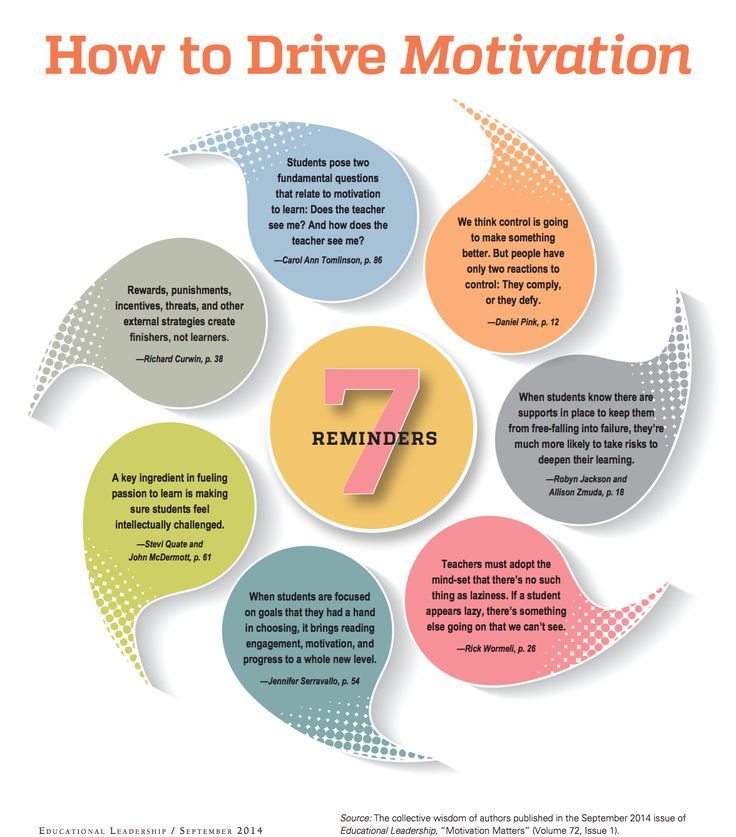
Physical influences should be attributed to the most unfavorable, incorrect forms of punishment, they lead to a "violence" of an unconditional defensive reflex, manifested in an acute experience of fear and the instinct of self-preservation. It is fear that most often explains the child’s unrestrained cry: “I’m sorry, I won’t do it again!”, But this cry does not solve the conflict, but only creates the illusion of its resolution.
Photo: GLOBAL LOOK press Whether parents want it or not, whether they realize it or not, the frequent use of even the most "innocent" physical punishment inevitably causes unfavorable character traits and personality traits in children. Without knowing it, we can irrevocably break the will of the baby, turn him into a submissive, submissive person, unable to choose his own independent position and independent decisions. It is these children who in the future are especially susceptible to the influence of someone else's example, it is they who most often fall into the environment of a negative leader, succumb to his influence, not having learned to oppose their own conscious behavior to someone else's will.
For example, a boy brings a teacher's entry in his diary from school that he has already had a fight with his desk mate for the second or third time. An angry father, trying to correct an unseemly act, removes his belt and thoroughly punishes his son, but the father does not take into account that future aggressive behavior will arise not because of skirmishes and fights with peers, but rather because of the behavior of the father, because it is the father who - the most significant figure for the child and imitation of his behavior is fixed for a long time.
Take a closer look at the children, still small and hopelessly dependent on you. It should be remembered right now that even the slightest blow is a cruel punishment. We strike the defenseless. We beat so that the child is afraid. “I don’t like being beaten” is not such a rare confession that psychologists listen to. The conclusion is clear, in order to refuse rash and harmful forms of physical punishment, mothers and fathers need to develop the ability to take a sober look at themselves from the outside, a conscious volitional effort is needed to refuse direct, unconscious, inspired by their own childhood experience and imitation, behavior.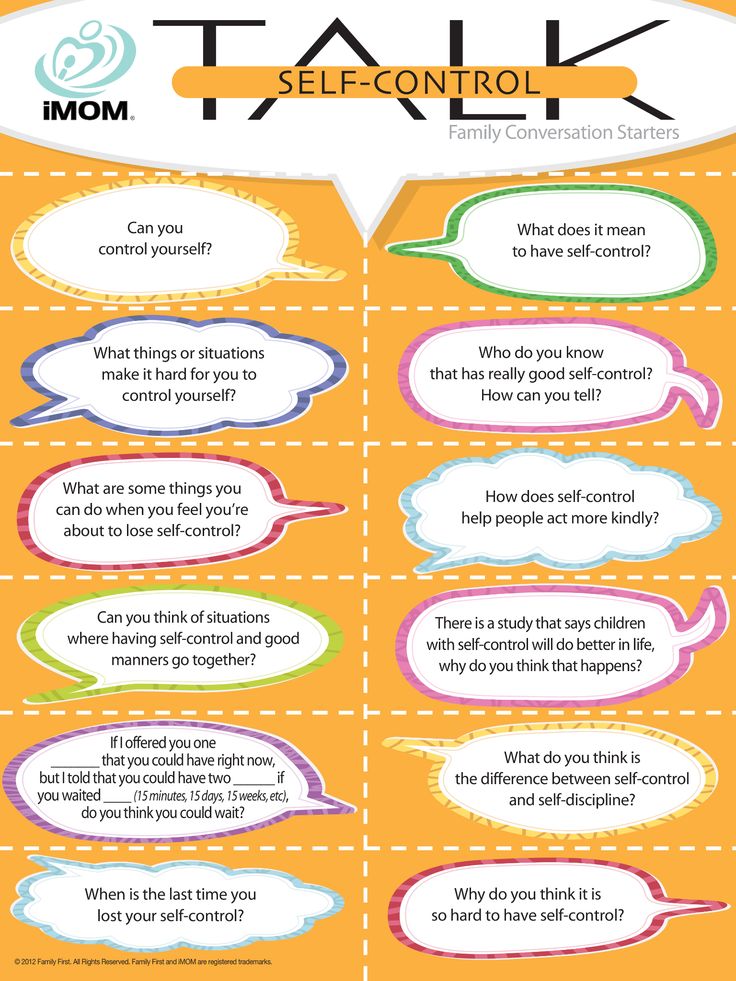 We, parents, so need calmness, optimism, faith in all the best in children, sobriety and self-control, then the need for physical influences will disappear by itself.
We, parents, so need calmness, optimism, faith in all the best in children, sobriety and self-control, then the need for physical influences will disappear by itself.
Ethical means of punishment and encouragement of adolescents in the family. | Methodological development (grade 6):
Parent meeting
"Ethical means of punishing and encouraging adolescents in the family"
Purpose: to form a culture of encouraging and punishing children in the family among parents.
Tasks:
- to give an idea of ethical and non-ethical means of punishment and encouragement in the family;
- draw parents' attention to unused opportunities for encouragement and praise.
Preparatory work
Conduct a survey.
Assign 2-3 parents to prepare a presentation from their own experience of raising children in the family.
Proceedings of the meeting
Slide 1. Introductory part
- Hello, dear parents. I am glad to welcome you to this hall today.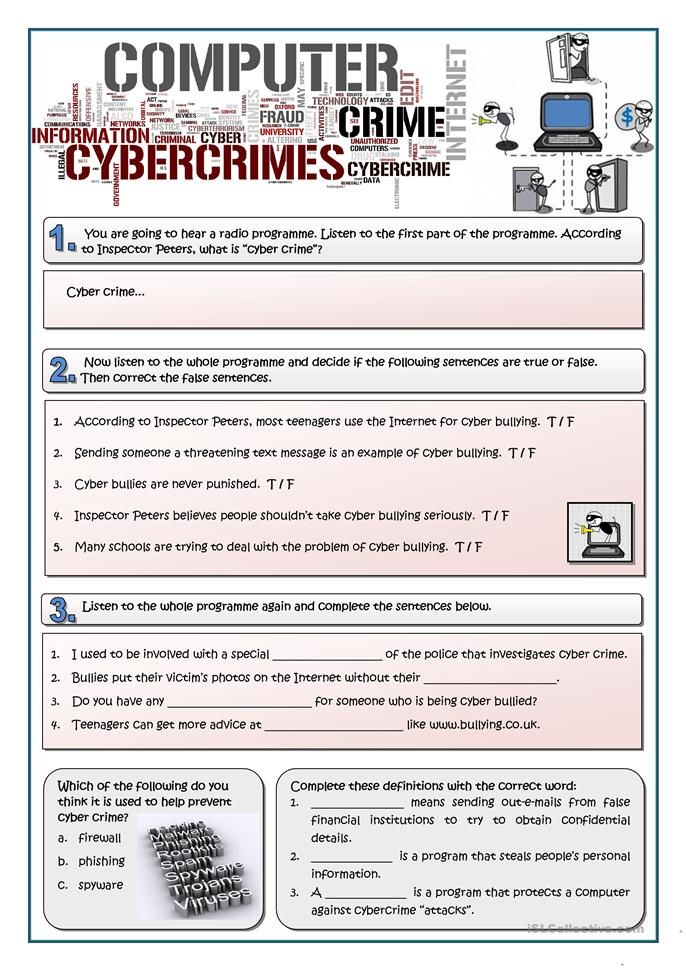 The theme of the parent meeting is "Ethical means of punishment and encouragement in the family."
The theme of the parent meeting is "Ethical means of punishment and encouragement in the family."
Slide. 2. And I would like to start it with a small plot. (Music sounds, a prepared person reads the text behind the scenes). Appendix 1.
Listen, son. I say these words while you sleep. I snuck into your room alone. A few minutes ago, as I sat in my room reading the newspaper, a heavy wave of remorse washed over me. I came to your bed with the consciousness of my guilt.
That's what I thought son: I took out my bad mood on you and unfairly punished you. I scolded you when you were dressing to go to school for not brushing your teeth. I reprimanded you for not cleaning your shoes. I yelled at you angrily when you threw some of your clothes on the floor.
I also picked on you at breakfast. You spilled tea, you greedily swallowed food. You put your elbows on the table. And then when you went to play and I was hurrying to the bus, you turned around, waved at me and shouted "Goodbye dads!".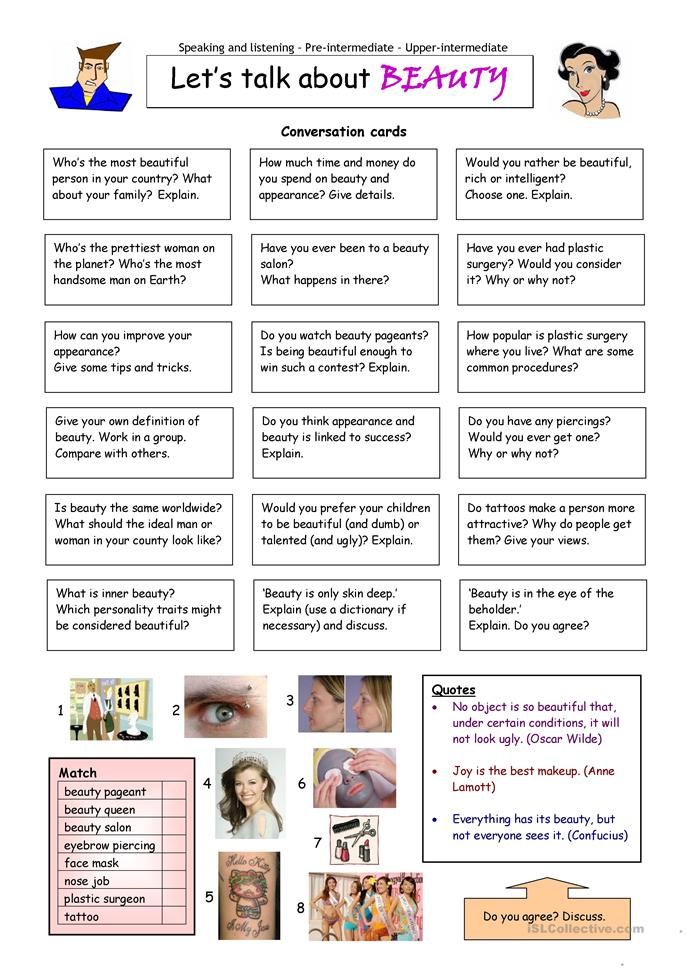 I also furrowed my brows and replied, "Spread your shoulders."
I also furrowed my brows and replied, "Spread your shoulders."
When checking my diary in the evening, I saw a deuce, I said that I do not like losers, and therefore I will not talk to you until you correct yourself.
Do you remember how you came into my room where I read timidly, with pain in my eyes? When I glanced at you over the top of the newspaper, annoyed at being interrupted, you hesitated at the door. What do you want, I asked sharply.
You did not answer, but impetuously rushed to me, hugged my neck and kissed me. Your hands clasped me with the love that God has placed in your heart, which even my dismissive attitude could not wither. And then, sad, he left, lowering his shoulders.
So, son, soon after that the newspaper slipped out of my hands, and a terrible fear seized me. What habit has done to me. The habit of finding fault, not the desire to listen and understand.
And there are so many healthy, beautiful and sincere things in your character. Your heart is as big as the dawn over the distant hills. It manifested itself in your elemental impulse when you rushed to me to kiss me before going to bed. Nothing else matters today son. I came to your bed in the dark and, ashamed, I knelt before you.
Your heart is as big as the dawn over the distant hills. It manifested itself in your elemental impulse when you rushed to me to kiss me before going to bed. Nothing else matters today son. I came to your bed in the dark and, ashamed, I knelt before you.
-Many of us can admit to ourselves that we did the same, even if unconsciously. It is easier for us to scold for a fault than to praise for any achievement, even the most insignificant one. Of course, both rewards and punishments should be present in the upbringing of children.
But what to encourage, how to “humanize” punishment, how to find forms that do not degrade human dignity, how to use punishment in such a way as to direct him to actions that would help correct his mistake, and not achieve obedience at any cost, about this we'll talk today.
Slide 3. Analysis of the survey
- In order to find out what methods of reward and punishment you use, dear parents, we conducted a survey among students. Annex 2.
(A generalized analysis of the answers is given, the results of the survey are summarized).
Questionnaire
1. How do your parents punish you? __________________________________________________________________________________
__________________________________________________________________________________
__________________________________________________________________________________
2. What is the worst punishment for you? __________________________________________________________________________________
________________________________________________________________________________________________________________________________________________
3. How do your parents encourage you? __________________________________________________________________________________
__________________________________________________________________________________________________________________________________________________________
4. What reward do you enjoy the most? __________________________________________________________________________________
What reward do you enjoy the most? __________________________________________________________________________________
________________________________________________________________________________________________________________________________________________________________
Information part
-Children, while growing up, naturally make many mistakes, sometimes rude ones, causing both material and moral damage to others. Parents attach particular importance to punishment and often use it incorrectly, causing irreparable harm to the child's psyche.
-What kind of punishments are ethical, those that do not humiliate the dignity of a teenager, do not harm physical and psychological health.
Slide 4.
| Ethical means of punishment | Unethical means of punishment |
| Temporary deprivation of something pleasant. Punishment with “natural consequences” (messed up - clean it up, broke it - fix it, got a “2” - learn it). Expression of moral censure, condemnation. (Story) Creative punishments, "impromptu". | Assault. Ridicule, humiliation, insults. Judges' room. "Baycott", deprivation of love. Punishment by labor. |
PUNISHMENT
Physical punishment
The most common form of influence is still punishment based on fear of pain - all kinds of physical punishment. The traditional view of a significant part of parents that physical punishment is not such a great evil, and in many ways even a blessing, is very stable. Corporal punishment and beating of children in adolescence is absolutely unacceptable for the following reasons.
Firstly, a teenager who is beaten feels insulted and humiliated, he feels a deep dislike for himself and others. The systematic use of beatings and vice can irrevocably break the will of the child, turn him into a submissive, submissive personality incapable of choosing his own independent position and independent decisions. It is these children who are especially susceptible to the influence of someone else's example, it is they who most often fall into the environment of a negative leader, succumb to his influence, not having learned to oppose their own conscious behavior to someone else's will.
It is these children who are especially susceptible to the influence of someone else's example, it is they who most often fall into the environment of a negative leader, succumb to his influence, not having learned to oppose their own conscious behavior to someone else's will.
Or, on the contrary, adolescents develop characterologically unfavorable traits and may develop disturbed behaviors, such as leaving home, aggressiveness in communication with peers, attempts at early separation from parents, demonstratively rude behavior, smoking and alcoholism, refusal to study .
Secondly, if a child is taught correct actions and deeds through physical pain, the child will learn to look around, evaluate the situation and, if he considers it safe, will immediately allow himself an unseemly or simply forbidden action. A child will not do this only in situations where the presence of an adult and fear of visible direct punishment will force him to restrain himself.
Thirdly, children whose behavior was subjected to physical punishment at home show increased aggression in interaction with other children
capable of causing no less harm than assault.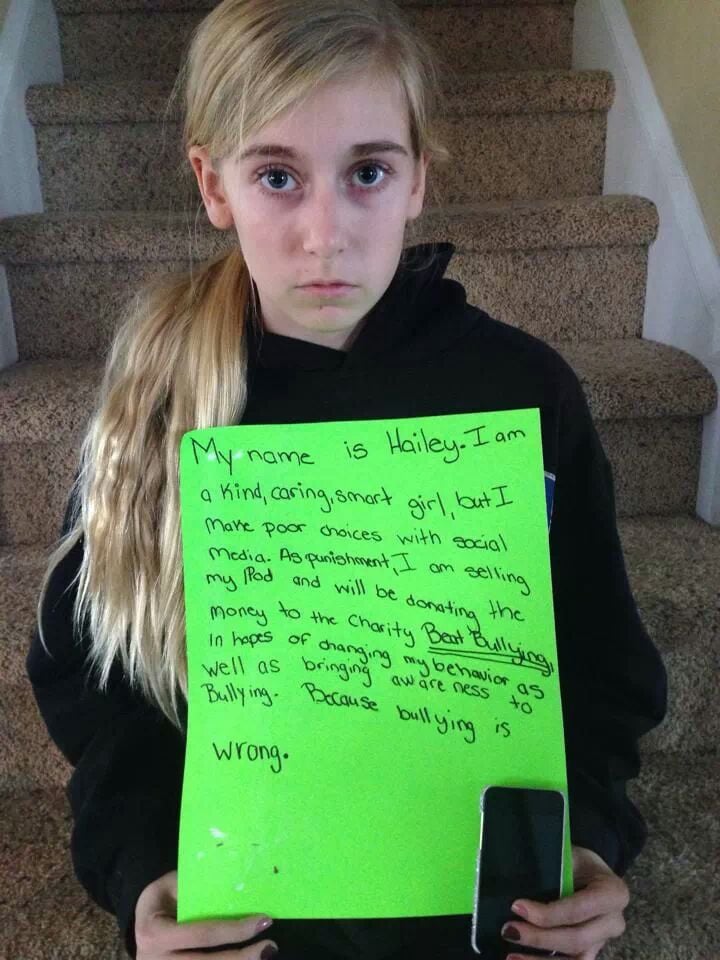
This also includes such forms of punishment as “Baykot” and “Judges' room”. In some families, where all influences on the child are reduced to punishment, communication with children turns into a kind of “judging room”. Literally every action of a child, every act is subjected to close evaluation, children often make mistakes, and just as often parents fix mistakes, give negative assessments, “bring them to clean water”, turning into real persecutors. The consequences are very severe.
Creative punishments, impromptu punishment. A moment of impromptu, novelty sometimes has a stronger impact than the most severe punishment. Let us recall how A. S. Makarenko acted with the pupil, who, being late for the dining room, decided to climb out the window so that he would not be noticed. There was no punishment, but the boy was obliged every day to enter the dining room through the window. The educator used here as a punishment the very situation of misconduct, bringing it to the point of absurdity. The effect of this measure is the highest, and there were no condemnations.
The effect of this measure is the highest, and there were no condemnations.
Imprisonment type punishment. The fact that parents refuse the punishment expected by the child will actually punish him, make him experience some negative emotions again and again and in the future will refrain from the act that caused them. In adolescents, punishment by the type of deprivation of punishment can only be used with proper consideration of the style of the relationship between the child and the adult. This method can be used by parents whose authority is very strong, whom the teenager unconditionally respects, whose negative or positive assessment is significant in itself. I recall a wonderful example from the practice of D. S. Makarenko, who refused to place a pupil under arrest, despite a gross violation of discipline. To the statement of the colonist: “I ask you to put me under arrest,” A.S. Makarenko replied: “The arrest exists for my friends, you are not one of them.”
Slide 5.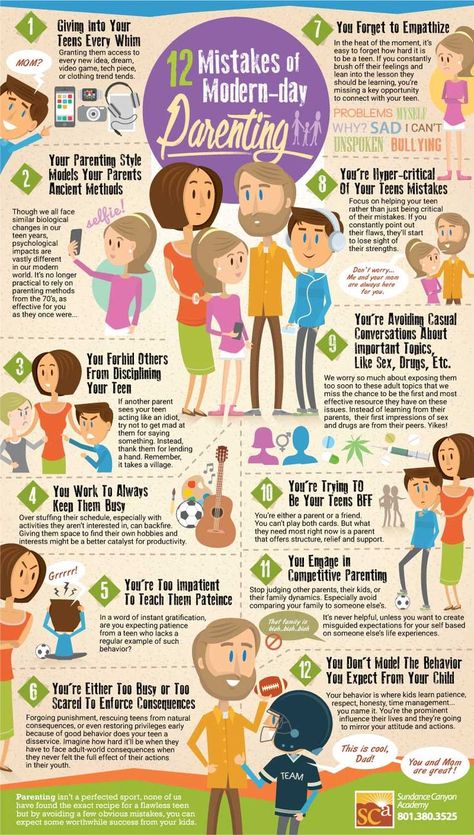 How to punish correctly?
How to punish correctly?
When choosing methods of punishment, parents should take into account: the individual characteristics of the child, the severity of the misconduct committed by them, their own emotional state resulting from the reaction to the child's misconduct. And also be guided by the following rules and principles.
Slide 6. (Memo 1).
- Punishment must always come from the motive of the act. It often happens that the result of an act turned out to be difficult, although the motive that guided the child was positive. For example, a teenager stood up for a girl and hit the offender.
- Punishment can only be grounds for immoral acts: a deliberate violation of the interests of the family, refusal to obey a reasonable demand, a careless attitude to things, causing offense or harm to someone around.
- In order for the punishment to be realized by the child, it must be fair, adequate to his guilt. Different in strength punishment for whims and boorish attitude towards adults.
 Otherwise, the value orientations are erased.
Otherwise, the value orientations are erased. - Punishments should not be too frequent as children get used to them and become indifferent to the influence of their parents.
- Consideration should be given to the limitation period of the act. Belated punishment reminds a teenager of the past, but does not allow him to become different. Punished - forgiven, the incident is over, not a word about old misconduct.
- You must not punish or scold a child when he is sick, eating, after sleep, before going to bed, during classes, immediately after a physical or spiritual injury.
- You can't punish a child when he doesn't succeed in something, but he tries.
- You should refuse punishment when you are upset, upset, sick. Keep your composure, because the punishment is not to reckon with the child, but to stop him when he himself cannot.
- Punishment must not harm health.
- For one deed - one punishment. You can punish for a specific act, and not in aggregate.
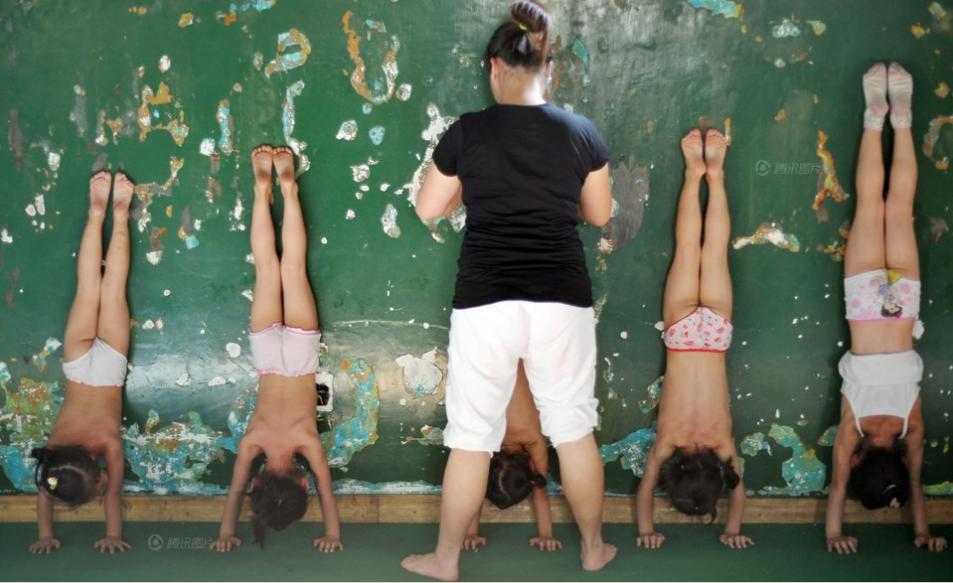 Otherwise, he will feel like an incorrigible, inveterate, useless person.
Otherwise, he will feel like an incorrigible, inveterate, useless person. - Do not overdo it, know when to stop. It makes no sense to threaten with something that you cannot execute
Conclusion: the effectiveness of punishment is the higher, the more unexpected and individual its forms, the less often it is applied.
In your desire to educate correctly, do not try to compare your communication with a child to communication between a teacher and a student. The teacher, first of all, refers to the thoughts of the child, and the parents to the soul. The teacher will ask the student: “What did you understand from what you read?”. And mother and son will cry on the last pages of The White Poodle, will snuggle up to each other, and there will be no need to say anything!
Slide. 7. REWARDS
Punishment will be effective only if there is a reward.
The difficulties of parents in using encouragement methods are primarily due to the fact that many of us see education as only one of its aspects - correction.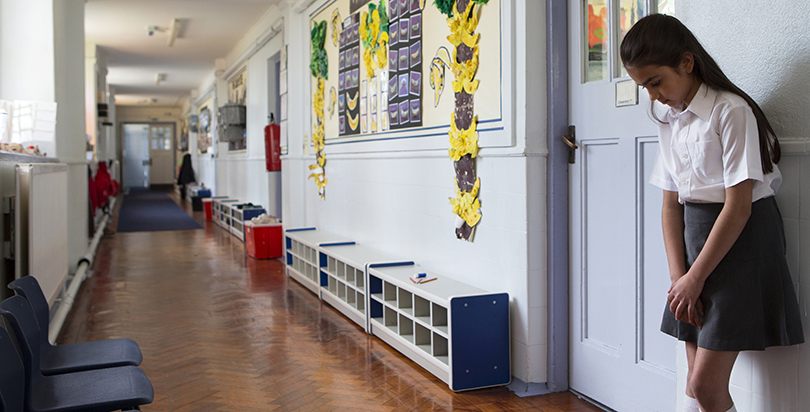 Parents believe that they should pay the main attention to everything imperfect, weak, incorrect in the behavior of their child. This point of view is wrong. Raising a child is not so much a punishment as a positive encouragement. When children grow up, parents begin to think that prohibitions, censures, remarks, punishments are more important, more effective.
Parents believe that they should pay the main attention to everything imperfect, weak, incorrect in the behavior of their child. This point of view is wrong. Raising a child is not so much a punishment as a positive encouragement. When children grow up, parents begin to think that prohibitions, censures, remarks, punishments are more important, more effective.
One day a group of parents in a psychological consultation was given the following task: for a week, write down all their influences on the child, putting them in two columns: reward and punishment. To the parents' surprise, most of them had the same result. It turned out that the number of punishments was several times greater than the number of rewards. In each family, the reasons for this correlation between rewards and punishments were, of course, different. But it is very difficult for most parents to praise a child, because they do not see what the child can be praised for. It seems to them that if a child behaves well, if he has learned something, this is quite natural, and therefore they focus all their attention on the mistakes and shortcomings of children.
All aspects of a teenager's behavior can and should be encouraged. Particular attention should be paid to praise for the effort made by the child. What results the child has come to does not matter, it is important to note his attempt, his effort to carry out the right action or the right moral act. Meanwhile, many parents praise the child only for achievements, subject to a certain result. This is why some children develop a “chronic reward deficit.” Indeed, if a child receives fours instead of fives expected by parents, then it seems that there is nothing to praise him for. However, even getting a four or three is sometimes associated with self-restraint, effort and diligence - it would be a big mistake not to notice this and not praise it.
Slide 8. Parents often use rewards, as well as punishments, according to the logic of natural consequences: study well - get a gift, money for movies, goodies. However, such incentives are wrong. Under certain conditions, they are effective, but more often lead to serious educational errors.
Incentives must not be in the nature of a bribe or commitment by the parents.
The position of parents is wrong, who, as a reward, free the child from doing some housework.
In terms of their psychological content, such forms of rewards form the adolescent's idea that any work, any effort is a very unpleasant thing. Parents themselves, as it were, obscure the joy of the process of a well-performed task in the eyes of children and shift the assessment of this or that work in the eyes of children to its result.
The idea that it is important to get the required score is introduced into the minds of children, but how it is achieved does not really matter.
When rewarding, as well as when punishing, it is also necessary to take into account the individual characteristics of the child.
Slide 9-10. How to encourage a child in a family? (Memo 2).
- Smile approvingly at your child as often as possible: when he washes the dishes, when he does his homework, and when he plays with his toys.
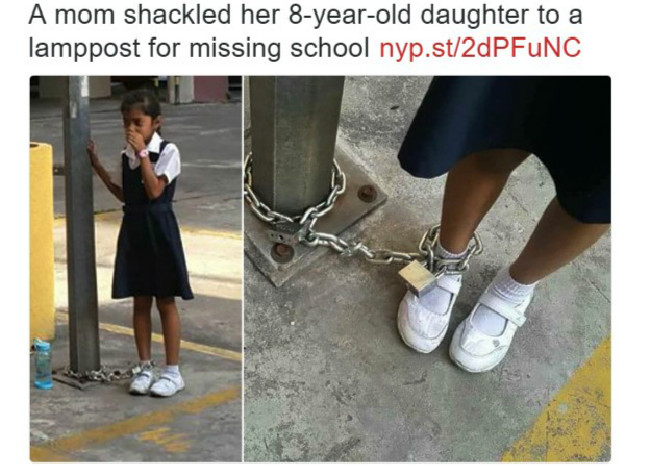
- Reward your child with gestures: he will always be warm and comfortable if his mother touches his head while preparing homework, and his father hugs and shakes his hand in approval.
- Verbally express your approval of even the smallest success of your child, his behavior.
- Use more often the expression: “you are right”, “we agree with your opinion” - this forms self-esteem in a teenager, develops introspection and critical thinking.
- Give your child gifts, but at the same time teach him to accept gifts.
- Form traditions and rituals in your family to encourage your child: birthday, New Year, end of school year, September 1, successful performance, surprises, congratulations, etc.
- Teach your child to be grateful for any kindness shown to him, regardless of the amount of money spent on the gift.
- Give gifts to your child not only according to his wishes, but also according to the possibilities of your family.
- To encourage your child, use not only material gifts, but also moral encouragement invented by you, which will later become a relic in the archive of your child's family:
- Letters of your own making, poems, newspapers and friendly cartoons, etc.

- If you want to use money as an incentive, use this opportunity to help your teenager learn how to use it wisely.
- If your child is given gifts, never analyze their cost and value with him, this can lead to serious moral problems.
- Teach your child to understand and appreciate the encouragement of their parents.
From the experience of parents (presentation by 2-3 parents who share their experience of growing up in a family).
Final part.
- What can be said in conclusion? We all have a choice. But it depends on you to a greater extent how your child will grow up, how he will enter adulthood. The school and teachers will help to find a way out in a difficult situation. It is important to remember that the real actions and behavior of parents, and not their words and moralizing, have the greatest influence on the formation of a child's personality.
Slide 11. I would like to end the meeting with a parable (Reasonable upbringing (Hing Shi).



